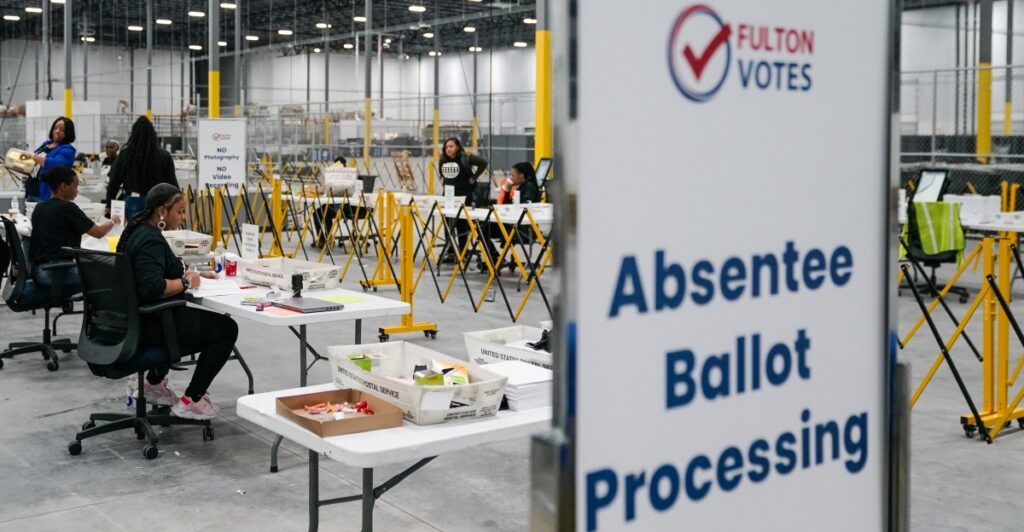Let’s say you decided to vote by mail.
The bad news is if you make a mistake filling it out — even a small one — your ballot can be tossed out. Some voters in Nevada, for instance, are reportedly having their ballots rejected because the signature they used to sign their ballots does not resemble the signature the state has on file.
But there’s also good news: Often, a voter whose mailed-in ballot would otherwise not be counted can “cure” that ballot and then their vote will count. All “curing” means is that voters are given a chance to fix the disqualifying error. The rules vary by state, and if you want to know what the rules are in your home state, the National Conference of State Legislatures lists them here.
One important thing to keep in mind is that, if you did cast a ballot that needs to be cured, both state election officials and your political party may attempt to contact you by phone, text, or email. So, if you voted by mail and receive a call from an unfamiliar number in the next few days, it’s a good idea to answer it — it may be someone warning you that you are about to be disenfranchised if you don’t act.
Of the seven swing states, five allow ballots to be cured in at least some circumstances:
Again, if you cast a ballot that needs to be cured, you will likely be contacted either by election officials, by your political party, or both. For this reason, voters who cast their ballot by mail should be alert to phone calls from unfamiliar numbers, as the caller may be trying to inform them that their ballot needs to be cured. If you miss that call, and your ballot is disqualified, you could lose your chance to vote in this election.


